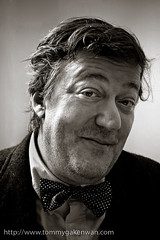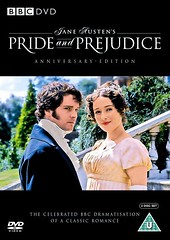Entertainment has been one of the issues on the battlefield - whether public service broadcasters should do entertainment or leave it to the commercial competitors. Watching Sweden´s SVT´s work on the Eurovision Song Contest (they call it Melody Festival) shows how an innovative public service broadcaster can turn European cooperation amongst public service broadcasters into a national megaprojects reinvigorating areas by taking the semifinals to different parts of the country. It is entertainment but entertainments with a special value. Corny, camp but brilliant. In Sweden the national finale is the main thing, not how the Swedish entry ranks in the European arena. I kind of like that.
Watching this programme and looking into the issue of commercial screens, I must conclude that I do support the idea of an independent expert body to control, set limits and open new areas for public service communications and press work. I feel this would make YLE stronger, release YLE from (unnecessary) parliamentary control and also serve the society and the license fee payers better. It might help us in really articulating in a clearer way what is actually the public service in public broadcasting. BBC says:Educate, Entertain and Inform - I would go more for something like Empower, Encourage and Represent (I wrote about this issue in this blog in September).















